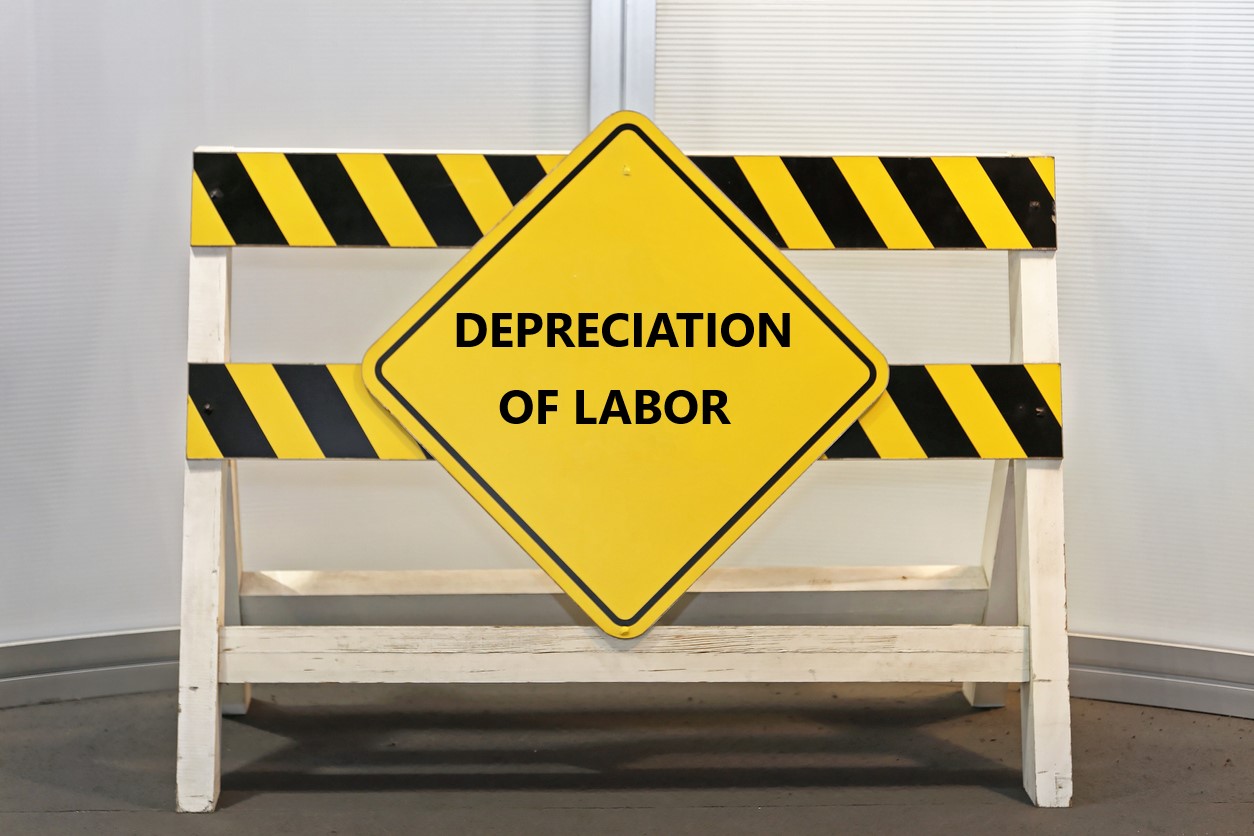In June 2007, the city of Lubbock contracted with Lee Lewis Construction to build Phase 1 of the Lubbock Youth Sports Complex. Lee Lewis entered into a subcontract with Allen Butler Construction, Inc. (“Allen Butler”) to handle site clearing, excavation, grading, paving, sidewalks and related work. Allen Butler later entered into a subcontract with DHD Concrete L.L.C. (“DHD”) to construct the concrete apron and sidewalks. The Allen Butler contract with DHD required DHD to obtain commercial general liability coverage, which DHD purchased from American Economy Insurance Company (“AEIC”).
In September 2008, Lubbock officials discovered that the concrete apron was cracking and that the rebar was incorrectly placed within the apron. Allen Butler acknowledged that DHD incorrectly constructed the apron and replaced it properly. On Jan. 21, 2009, DHD gave AIEC notice of Allen Butler’s claim against it. Afterward, Allen Butler and DHD – without consulting AEIC – settled claims brought against them by the city and Lee Lewis. AEIC disclaimed coverage of the underlying settlement amounts, and Allen Butler sued AEIC for wrongful denial of the claim.
At the trial level, the court granted summary judgment in favor of AEIC, finding that the Allen Butler breached the insurance policy by denying AEIC an opportunity to participate in the settlement process. Allen Butler subsequently appealed the trial court’s summary judgment order.
On appeal, Allen Butler was issued another unfavorable decision. In Allen Butler Constr. Inc. v. Am. Econ. Ins. Co., No. 07-10-0490 (Tex.App.—Amarillo, Dec. 13, 2011), the Texas Court of Appeals for the Seventh District of Texas affirmed the lower court’s ruling. The Court of Appeals noted that the policy contained an involuntary assumption provision, under which AEIC had absolute discretion to settle any claim or suit and which required DHD to cooperate with AEIC in the settlement of any claim. The Court concluded that DHD breached the policy by failing to give AEIC the opportunity to participate in the settlement negotiations. Furthermore, the Court found the breach to be material and prejudicial to AEIC because, as a result the breach, AEIC received no benefit from the policy provisions it had bargained for in order to limit its liability.



